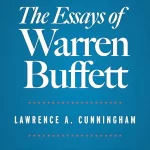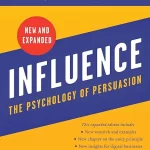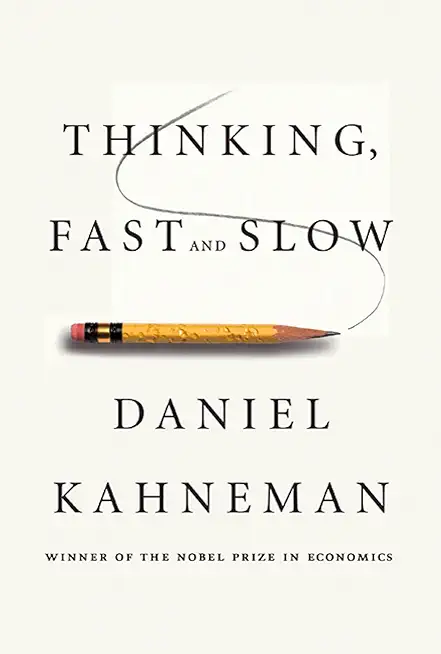
The Essays of Warren Buffett – Warren Buffett

Influence – Robert B. Cialdini
Title: Thinking, Fast and Slow
Author: Daniel Kahneman
Main Idea
Daniel Kahneman explores the dual systems of thinking that drive our decisions: the fast, intuitive system and the slow, deliberate one. He reveals how these systems shape our judgments and influence everyday choices.
Key Points
-
Two Systems of Thinking:
- System 1 operates automatically and quickly, with little or no effort and no sense of voluntary control.
- System 2 allocates attention to effortful mental activities and is associated with agency and reasoning.
-
Heuristics and Biases:
- System 1 uses heuristics that often simplify decision-making but can lead to systematic errors or cognitive biases.
- Examples include anchoring, availability, and representativeness biases.
-
Overconfidence:
- People often overestimate their knowledge and underestimate uncertainty.
- This can lead to poor decision-making and unwarranted confidence in predictions.
-
Loss Aversion:
- Humans tend to prefer avoiding losses more strongly than acquiring equivalent gains.
- This principle underpins much of our economic and personal decision-making behavior.
-
The Importance of Framing:
- How choices are framed significantly affects decisions, even if the outcomes are equivalent.
- Different presentations can lead to different risk assessments and preferences.
-
Role of Intuition:
- Expert intuition can be reliable in predictable environments but often fails outside such contexts.
- Thus, caution is required when trusting gut feelings.
-
Impact on Economics and Policy:
- Kahneman’s insights challenge traditional economic assumptions that humans are rational actors.
- His work supports the development of behavioral economics and improved policymaking.
-
Practical Awareness:
- Being aware of these mental processes and biases can help individuals and organizations make better decisions and avoid pitfalls.
Review
- The book provides a thorough and accessible dive into how our minds work, combining psychology and economics. It’s illuminating to understand why we think the way we do and how our brains can deceive us.
- Kahneman effectively bridges complex theory and real-life applications, encouraging readers to scrutinize their own thought processes.
Recommendation
- This book is highly recommended for anyone interested in psychology, behavioral economics, decision-making, or improving personal and professional judgment.

